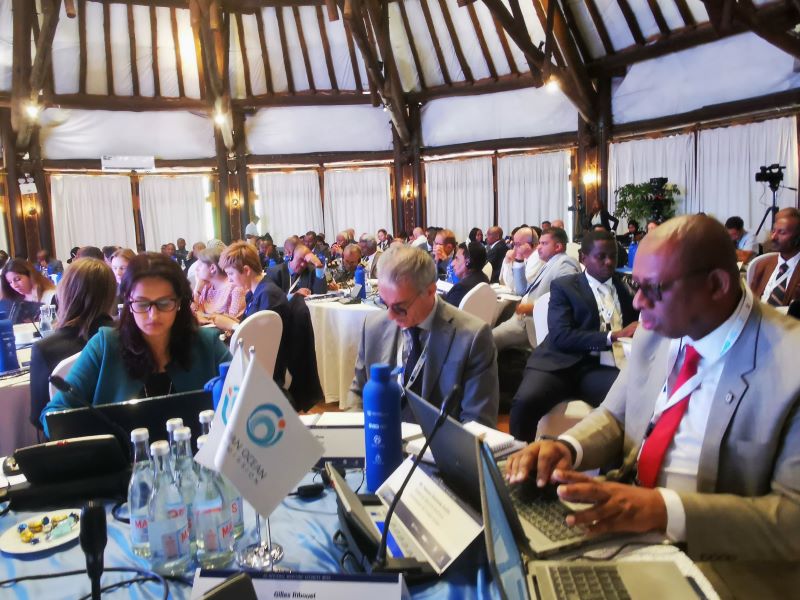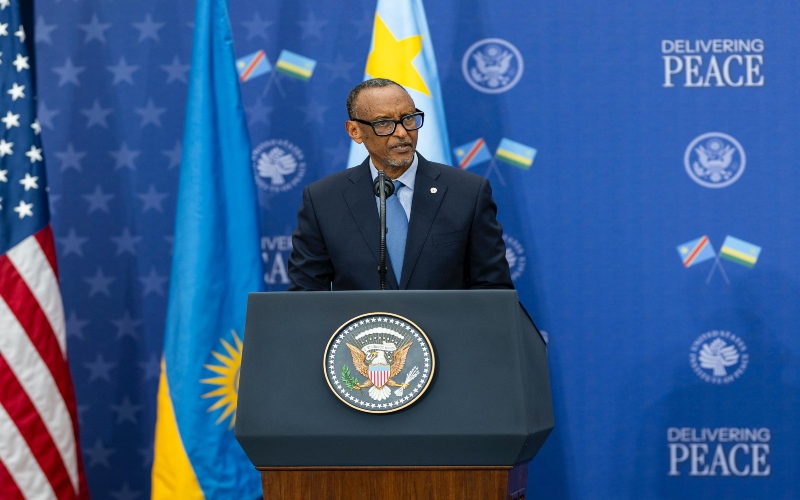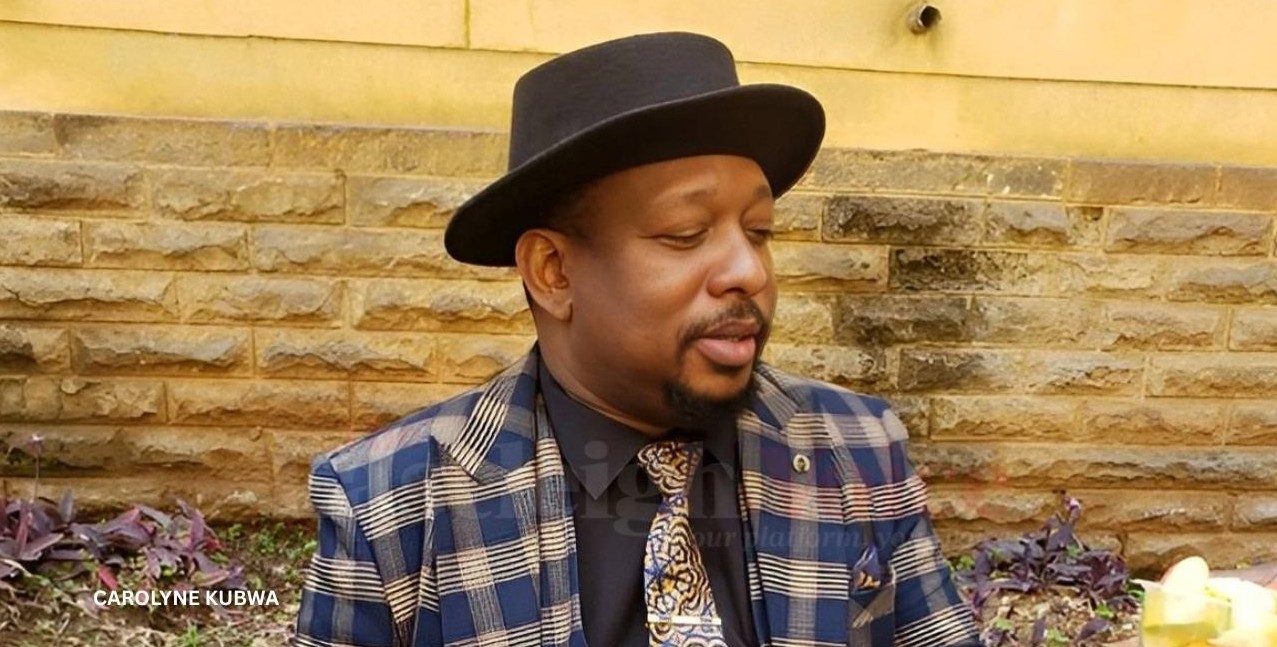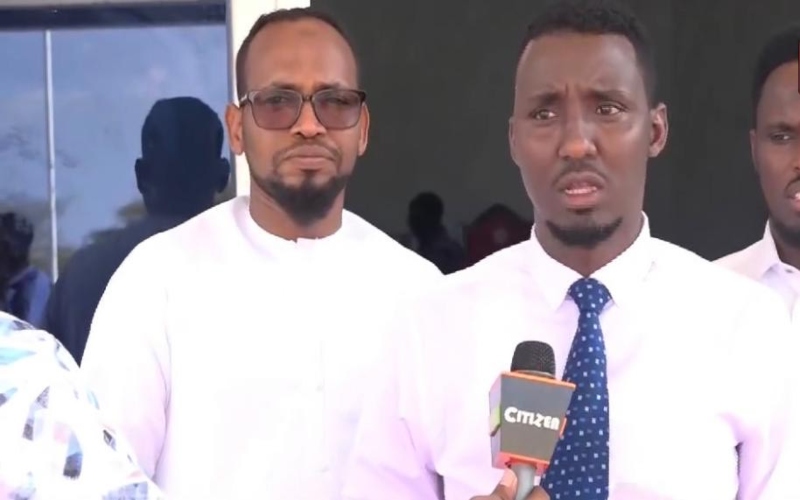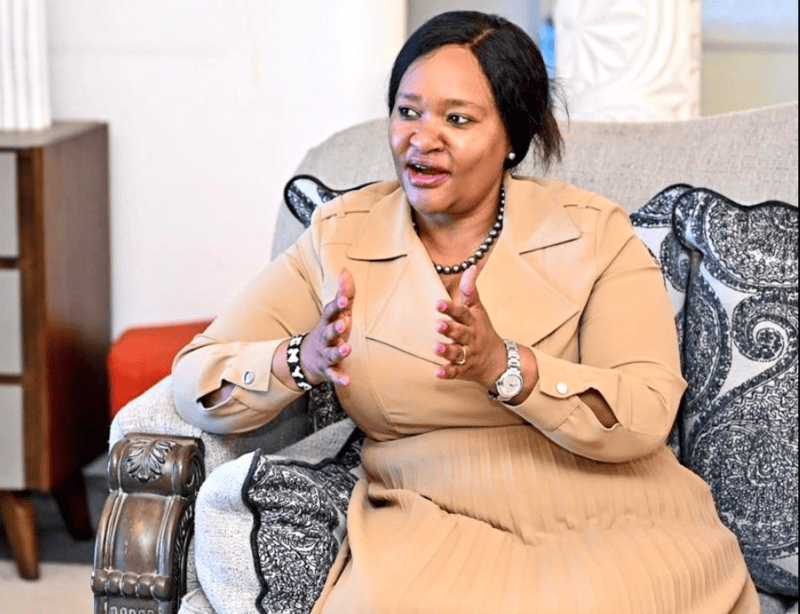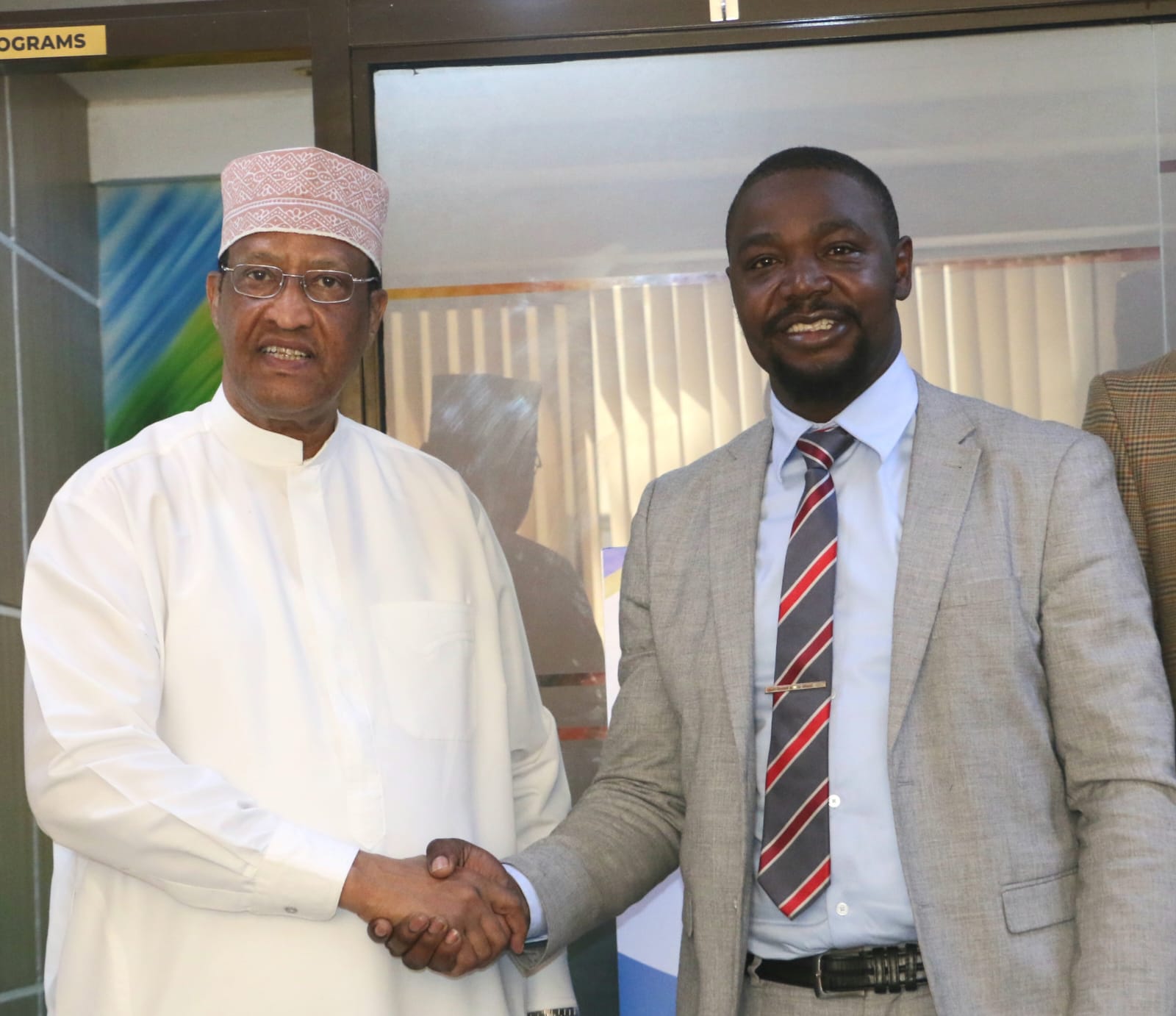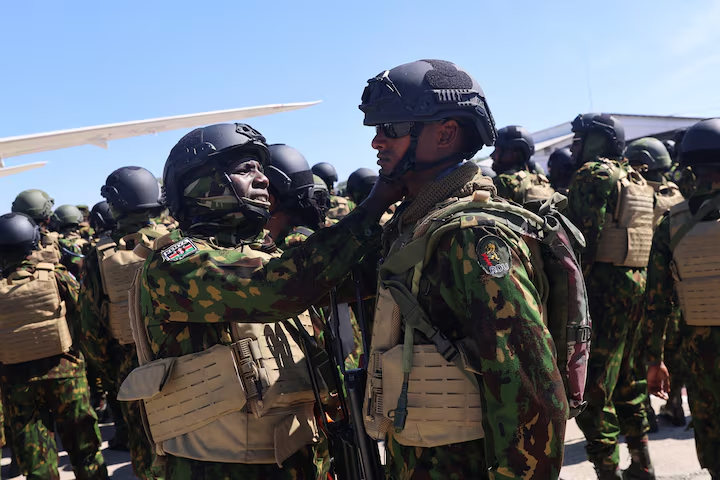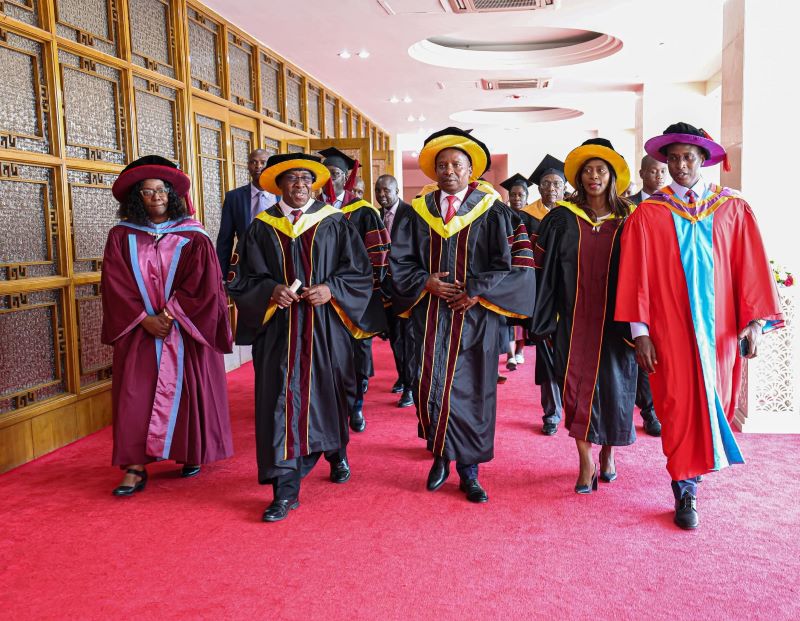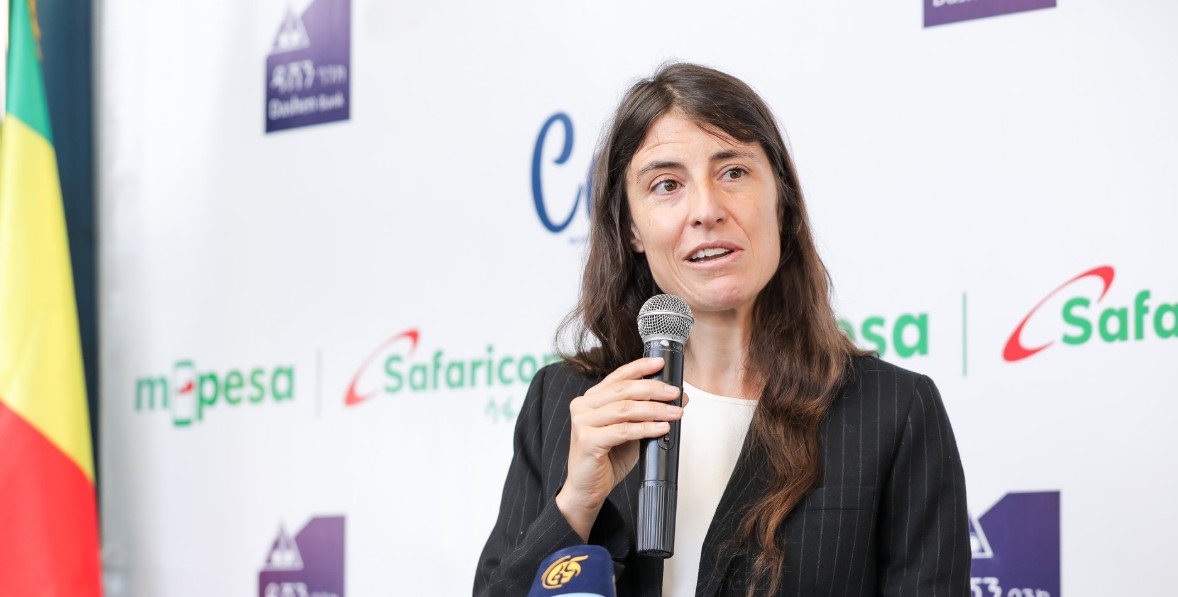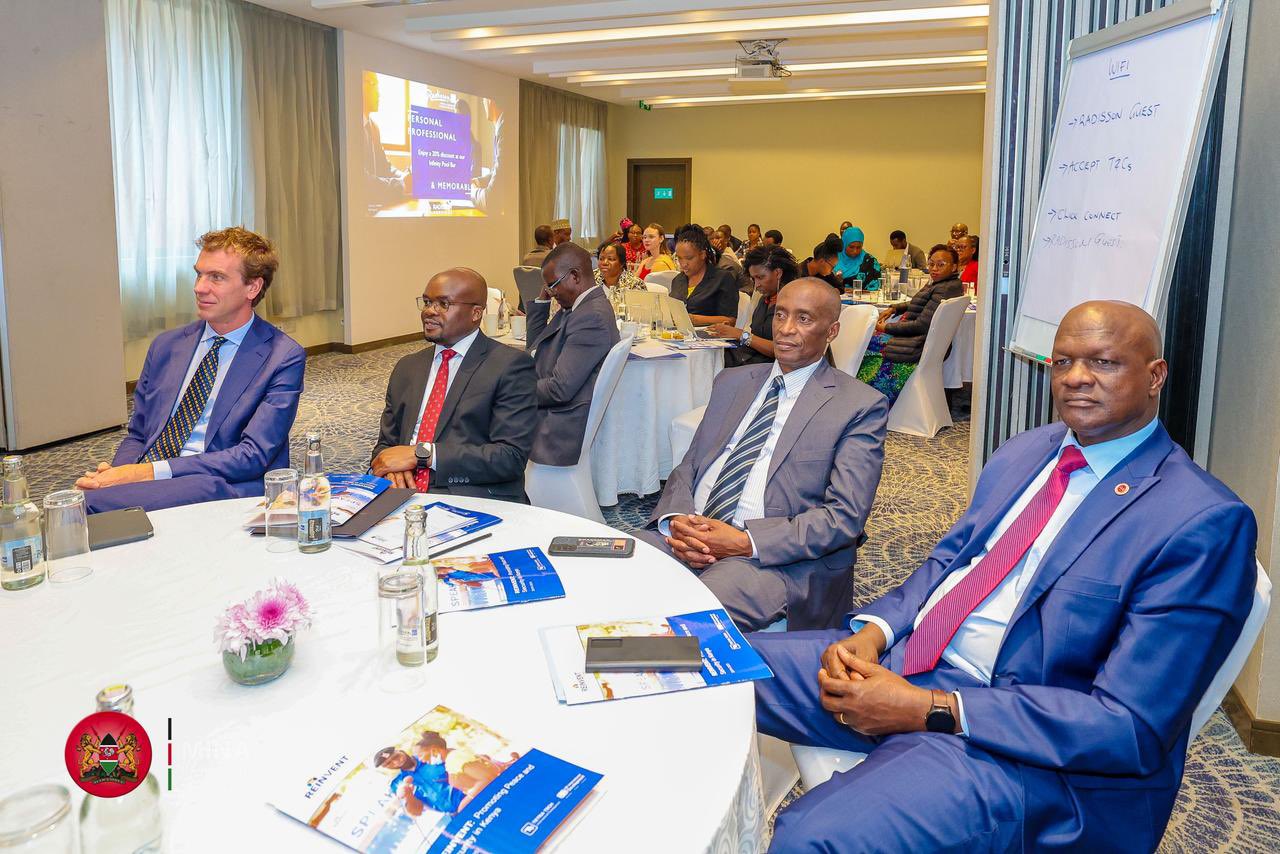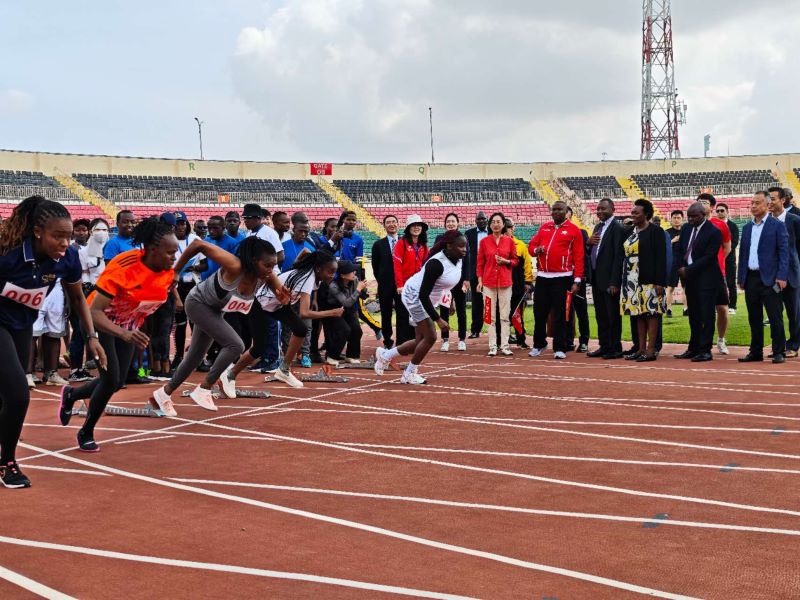KNHCR calls for sanctions against Interior Ministry, Police IG over GenZ protest abuses
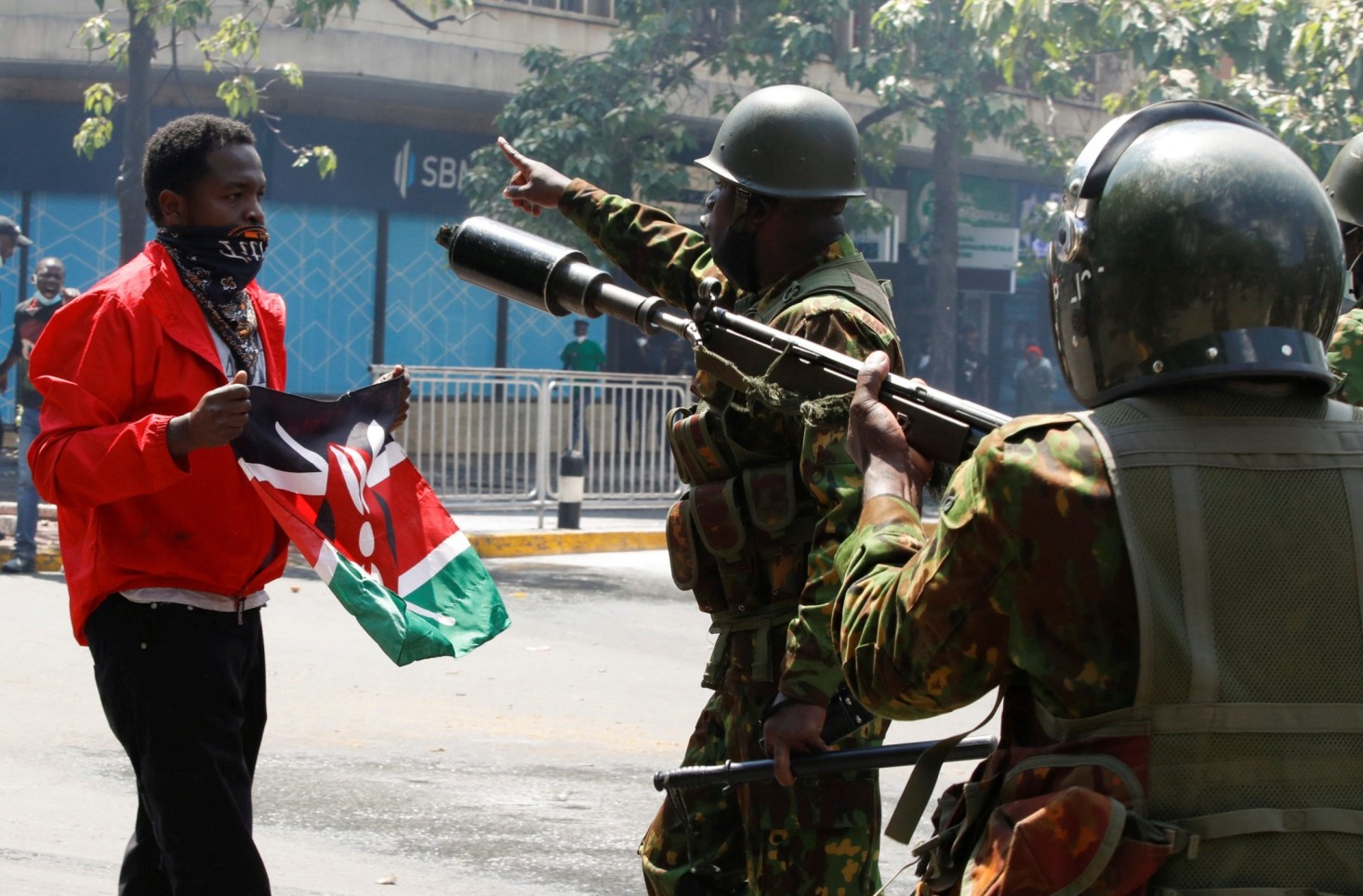
KNHCR Vice-Chair Marion Mutugi stated that “post-mortem reports indicate that most of the deceased were shot using live bullets during the protests, while others succumbed to injuries caused by blunt trauma.”
The Kenya National Human Rights Commission (KNHCR) has called for the sanctioning of senior officials within the Interior Ministry and the Inspector General of Police following alleged abuses and unlawful acts by police during the GenZ protests.
The commission has submitted a report to the National Assembly Security and Administration Committee, highlighting numerous human rights violations reported over the past four months, during which 60 lives were lost and 26 people remain unaccounted for.
More To Read
- Gen Z protests in Kenya: Key facts (2024-2025)
- UN human rights experts visit Kenya privately amid concerns over crackdowns, civic freedoms
- Kigame seeks court nod for private prosecutions over 2024–2025 protest abuses
- Ruto defends ‘shoot-to-leg’ order amid outcry, cites public safety
- Police to deploy senior investigators as Rex Masai inquest uncovers new witnesses
- Morocco charges 2,480 in Gen-Z protests over poor governance, health and education
In the report, the Commission highlights that while the protests were largely peaceful, police resorted to unlawful use of force, employing both lethal and non-lethal weapons against demonstrators, with some instances of protesters throwing stones or returning tear gas canisters.
KNHCR Vice-Chair Marion Mutugi stated that “post-mortem reports indicate that most of the deceased were shot using live bullets during the protests, while others succumbed to injuries caused by blunt trauma.”
She expressed frustration with the lack of transparency from security agencies, adding that information concerning the missing individuals remains concealed.
The commission also documented 71 cases of abductions and enforced disappearances linked to the protests, noting a concerning rise in these incidents.
She noted that despite widespread media coverage, the Office of the Director of Public Prosecutions (ODPP) has yet to initiate investigations into these alleged human rights violations.
“Despite the cases of police who violated the human rights laws being portrayed on TV screens and social media, the DPP is yet to open the cases of any one police officer who was involved in the crimes,” Mutugi said.
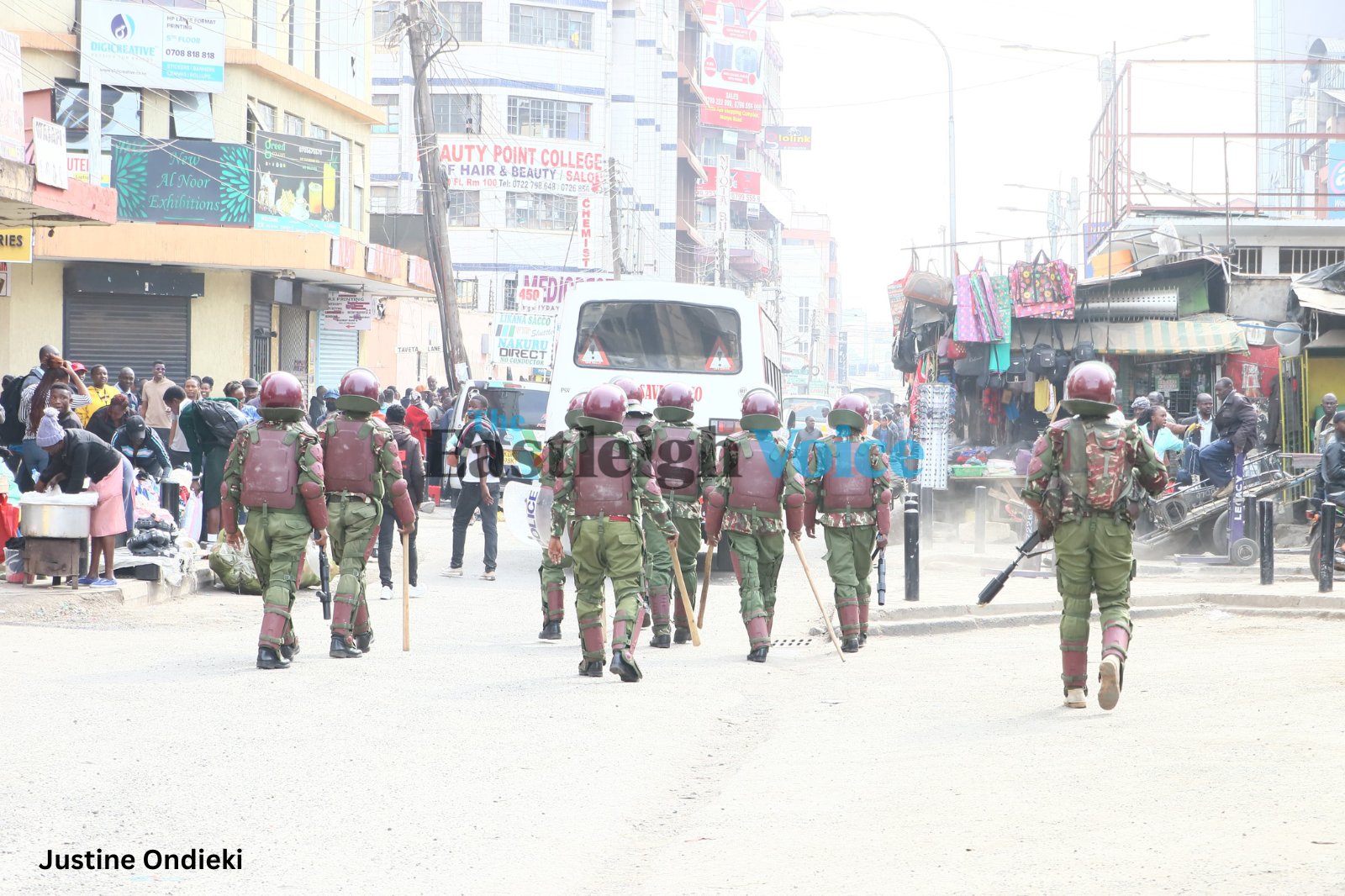 Police offices are pictured in the Nairobi city centre during anti-government protests on July 2, 2024. (Photo: Justine Ondieki/EV)
Police offices are pictured in the Nairobi city centre during anti-government protests on July 2, 2024. (Photo: Justine Ondieki/EV)
Abductees' fears
The Commission decried that efforts to investigate the cases have been hindered by the reluctance of abductees to provide detailed accounts, reportedly due to trauma and fear of reprisal.
Additionally, the commission reported that many officers involved had concealed their identities by wearing hoods and balaclavas, while vehicles used by security personnel were often unmarked or had obscured license plates.
“This has made it impossible for the commission and other oversight bodies to identify them. Equally, a good number of vehicles used by the security agencies didn’t have registration numbers while others were concealed,” Mutugi noted.
KNHCR has formally requested that the Inspector General of Police provide a detailed list of security personnel deployed during the protests, including names, ranks, and service numbers.
Mutugi urged that “the Inspector General of Police should immediately instruct, through an official police circular to all police stations, to accord the KNHCR the requisite assistance and cooperation to enable it to execute its constitutional mandate.”
According to the commission, over 600 injuries were recorded across the country, including cases of severe fractures, bullet wounds, and respiratory issues from tear gas inhalation. KNHCR has called for the Internal Affairs Unit (IAU) to conduct an internal probe into the conduct of officers to ensure accountability.
Mutugi pointed out that fear and intimidation from police officers have led many victims and witnesses to withhold statements.
"The witnesses and victims have been afraid and reluctant to record statements with the commission due to intimidation and for fear of reprisals. A majority of those are unwilling to testify against the suspected perpetrators,” she said.
During the session, Homa Bay Town MP Peter Kaluma recommended reconsidering the push to sanction the Interior Cabinet Secretary, citing constitutional provisions.
"The push for the Interior Cabinet Secretary to be sanctioned for the atrocities during the protests should be done away with because Article 245 of the constitution says the police are independent. They act on their own orders and not the Interior boss,” Kaluma argued.
The GenZ protests were primarily driven by opposition to the Finance Bill 2024, which had introduced several tax measures deemed regressive amid the high cost of living.
Top Stories Today



